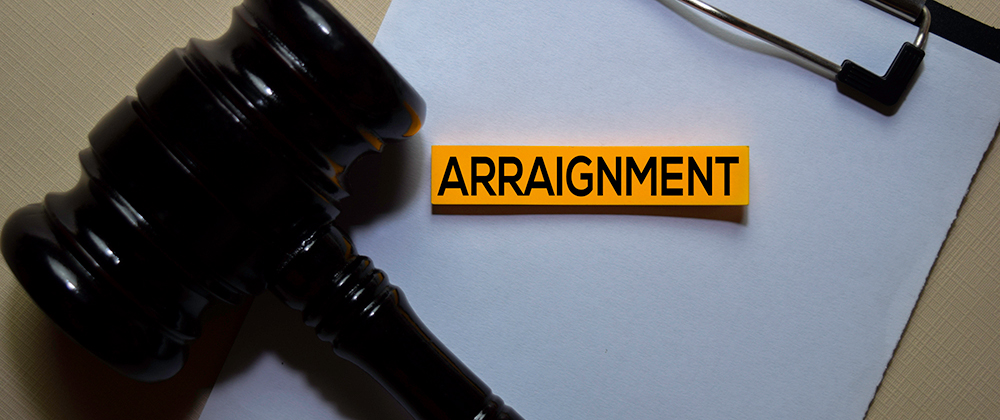A Fort Pierce lawy firm found a 17 year-old Supreme Court decision that kept his client out of jail.
Every year, dozens of people traipse through pastures in wester Martin and St. Lucie Counties picking hallucinogenic mushrooms that grow in cow manure.
For just as long, authorities have arrested and convicted them on felony drug charges. Some are sentenced to as much as five years in prison.
But a Fort Pierce law firm says they discovered a 17-year-old Florida Supreme Court decision that ruled mere possession of the mushrooms is not illegal. (Jay Kirschner’s former partner, in the locally prominent law firm of Kirschner & Garland, P.A., a fixture in the Treasure Coast for some nineteen (19) years, during which this case arose) says that means the convictions could be coming to an end.
Kirschner’s former parnter persuaded a St. Lucie County Circuit Judge to throw out a mushroom charge against the firm’s client, citing the little known Supreme Court decision. The high court ruled that the law prohibiting the possession of psilocybin-a powerful hallucinogen -did not cover the fungus that produces it.
The firm asserted that most attorneys aren’t aware of the decision because it was indexed wrong in the Southern Reporter, the reference books that record all Supreme Court cases.
“I stumbled across it when I was looking for something else for a marijuana case,” Kirschner’s former partner, Jeff Garland said. “I just tucked it away waiting for the day I’d need it.”
That day came when he got a client who was arrested with little white mushrooms in a plastic bag in his pocket.
To the untrained eye, they look like common toadstools-and not very appetizing ones, considering they grow in cow manure. But the small white mushrooms that sprout naturally in Central and South Florida produce a strong drug that, when properly ingested, causes hallucinations similar to LSD.
They have to be picked at the right time, whey they’re ripe but not rotten, for the drug they produce to be usable. The drug, psilocybin, is illegal and has been since 1975.
Since that time, law enforcement officials have been arresting people possessing the mushrooms, using the psilocybin statute. Seventeen people have been arrested in St. Lucie County this year and officials estimate that Martin County officers have arrest two or three times as many.
In Palm Beach County, prosecutors see arrests for mushroom possession or sale very rarely, said Mike Edmondson, spokesman for State Attorney Barry Krischer of Palm Beach County.
The Supreme Court ruled in 1978 that the “statute failed to advisee a person of ordinary and common intelligence that such a substance was contained in a particular variety of mushroom.”
The high court explained how the statute could be rewritten to apply to mushrooms, suggesting that it include the scientific name of the fungus. But 18 years later, the statute remains unchanged.
Prosecutors argued in Kirschner & Garland, P.A.’s case, that Robert Savrda, obviously knew the mushrooms were drugs-why else would he pick through cow manure to find them?
“It would be a stretch of the imagination to say that the reason that the defendant trespassed on property and began to pick mushrooms from cow manure was to expand his botanical knowledge or to enhance the flavor or color of his dinner salad,” wrote prosecutor Tony Schwab in his memo to the court.
But Circuit Judge Cynthia Angelos, citing the high court ruling, threw the case out.
Schwab maintains that the mushrooms are still illegal in some cases. He said the issue is whether the person with the mushrooms knows they are illegal. “The guy who has a bag of mushrooms on him, who runs from the police after he’s told to stop, based on those circumstances, he knew of the illicit nature of the mushroom and he was there for the specific purpose of picking that mushroom,” Schwab said.
Officials of the St. Lucie County Sheriff’s Office also intend to continue arresting people they find with psilocybin mushrooms.
“Until there is any additional direction from the attorney general’s office or the state attorney’s office, we’re going to continue to do what we’re doing, said sheriff’s spokesman Mark Weinberg. “Virtually every one of these cases originates when a rancher complains about people cutting his fences or trespassing.”
“The message to people with the inclination to trespass on private property to do anything, whether to pick mushrooms or just walk around, is don’t trespass,” Weinberg said. “If you don’t trespass, you won’t get in trouble.”
As for the people who have already been charged and convicted for mushrooms, Attorney Garland had a different message.
“All ye sinners similarly charged, call Kirschner & Garland, P.A., to get your record expunged,” he said.



